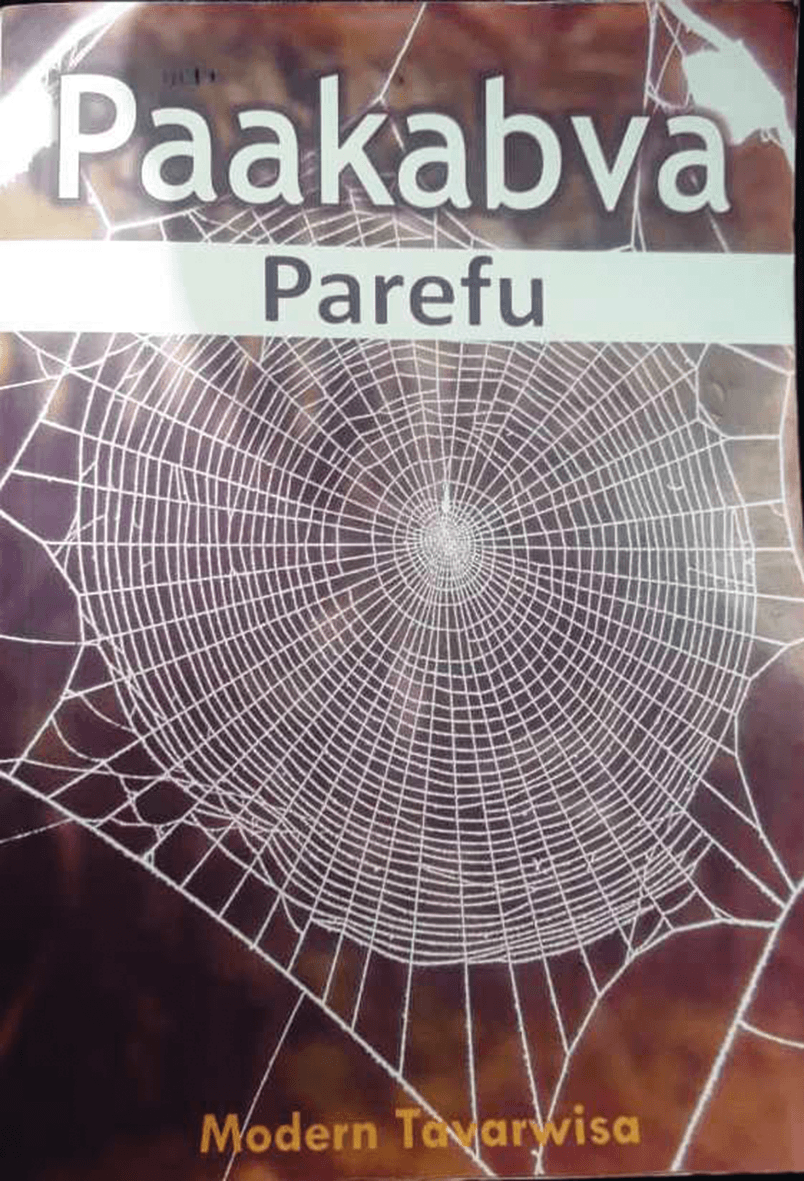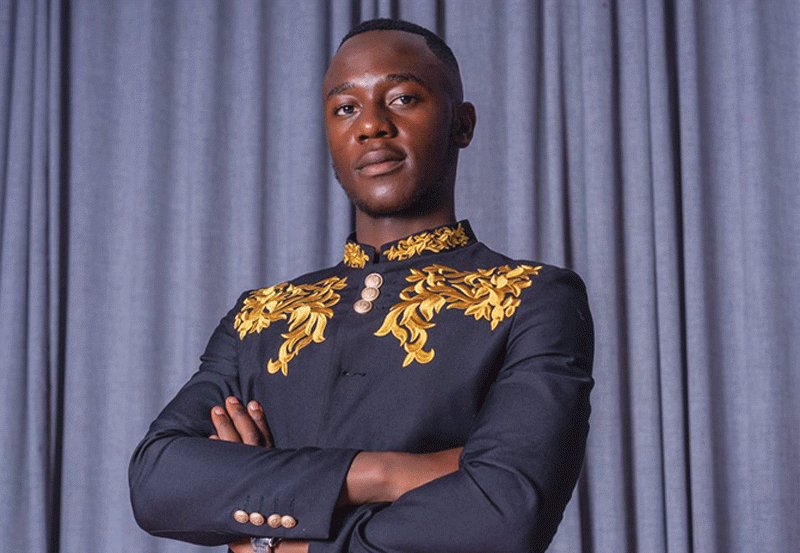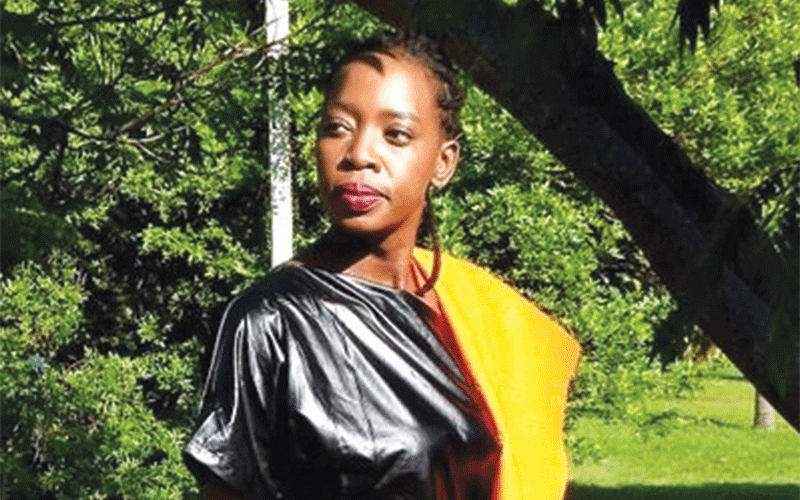
Between the Lines: Beniah Munengwa
Title: Paakabva Parefu Author: Modern Tavarwisa Publisher: Media Essentials (2018) ISBN: 978-0-7974-9648-4
AUTHOR Modern Tavarwisa’s new offering, Paakabva Parefu, stirs debate around the subject of faith-based healing against the backdrop of HIV and Aids. The book’s blurb by renowned author and University of Zimbabwe lecturer Memory Chirere is captivating enough to have the potential reader digging into the book.
The main character in the text, Paul Marufu, grows up to become a promising young man with a well-paying job and good health. He is a believer in the doctrine of divine healing propagated at his church, something that makes him ignore literature on HIV prevention and treatment.
To him, to be HIV positive is to have no faith and mostly karma’s payback for one’s deeds. His belief is that he is insulated against HIV infection because of his faith, and would never succumb to the disease.
When he falls in love with Haru, a girl from his church, and later marries her and weds, all is well — or so he thinks. It, however, turns out that, unknown to him, Haru has had a “rich” sexual history, having come a long way in terms of relationships, encapsulated in the title Paakabva Parefu.
Unknown to Paul, Haru’s catalogue of past sexual liaisons also includes his brother and uncle, among several other men. The fact that she had been with rich men, older men and mischievous boys did not stop her from being blessed enough to find a peaceful place to rest her troubled soul in innocent Paul.
And the story unfolds in a captivating manner, but gets non-indulgent individuals scared, for by the chance of evil, their innocence might be of no help in the face of HIV.
- Chamisa under fire over US$120K donation
- Mavhunga puts DeMbare into Chibuku quarterfinals
- Pension funds bet on Cabora Bassa oilfields
- Councils defy govt fire tender directive
Keep Reading
There is, however, a slip in chapter and orientation congruency, when Newman, Haru’s urban boyfriend later turns out to be Paul’s blood brother.
While the two had been separated on the grounds of distance, another disturbing component had found its way to their relationship.
Toperesu Marufu, better known as Newman in his days of bliss, discovers that Haru infected him with a sexually transmitted infection and becomes bitter because of that. The concluding chapter finds us, however, with Toperesu holding pictures containing his and Haru’s faces, introducing her to his family as the one that he was going to marry. At this point also, there is no way that the reader is driven towards a build-up of such a fatal and controversial set-up.
Surely, there has to be a way through which suspense and awe is driven towards such ends. At no point also is the reader allowed into the “real” process that makes Paul stick to Haru and re-invest his trust in her.
The writer thus employs a dues ex machina in coming to an end. It is not necessarily the author’s fault because it is no easy task in coming to terms with issues like these. The same dilemma both for society and for writers lies in issues to do with disability, autism, mental disorders and even writers who attempt to propagate health education remain in need of applause.
However, the subject of concern may and should grow to incorporate cancer, spiritual attacks and mental health.











